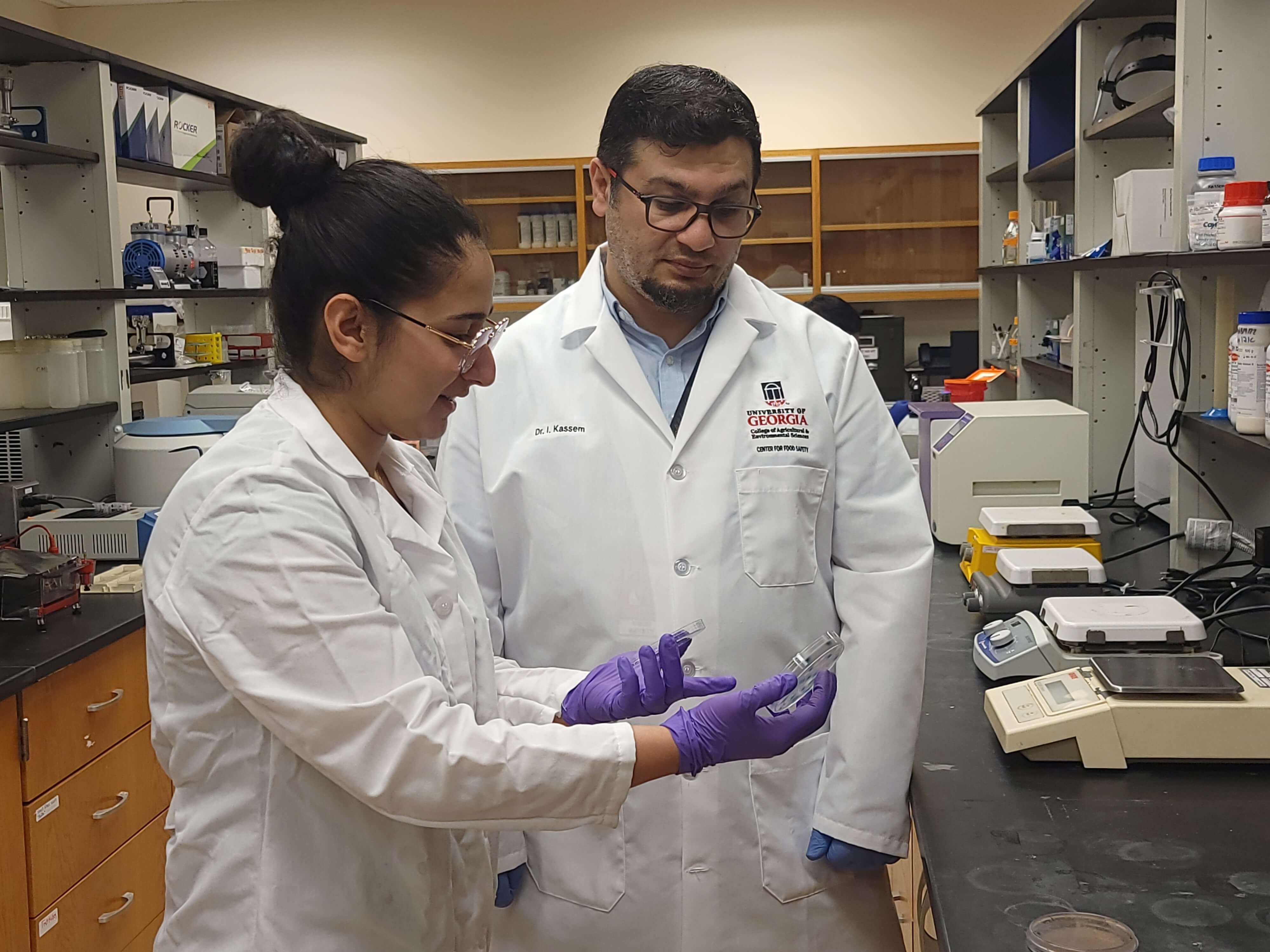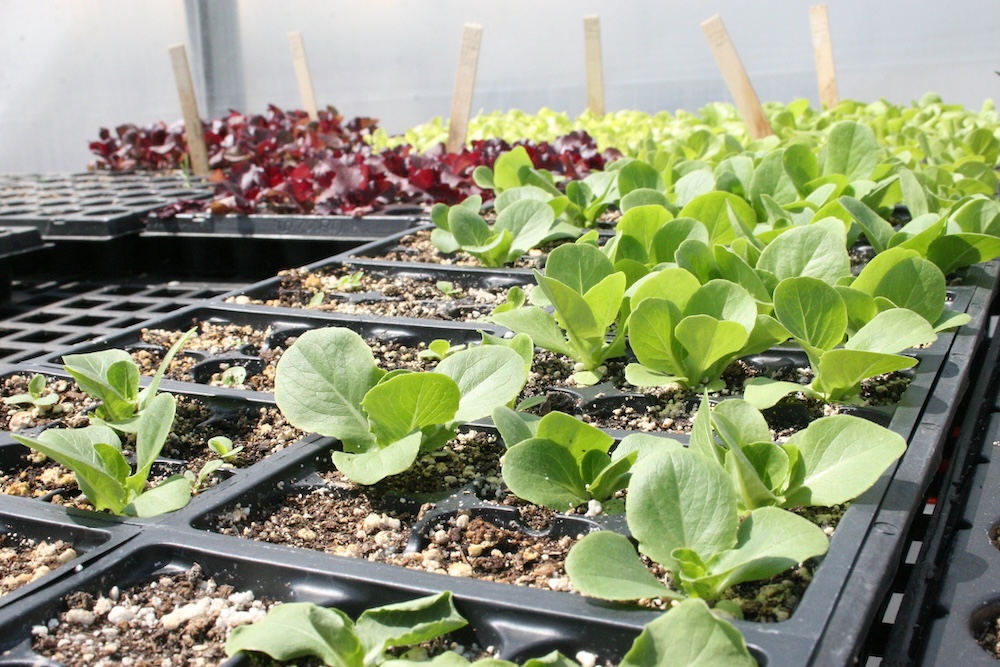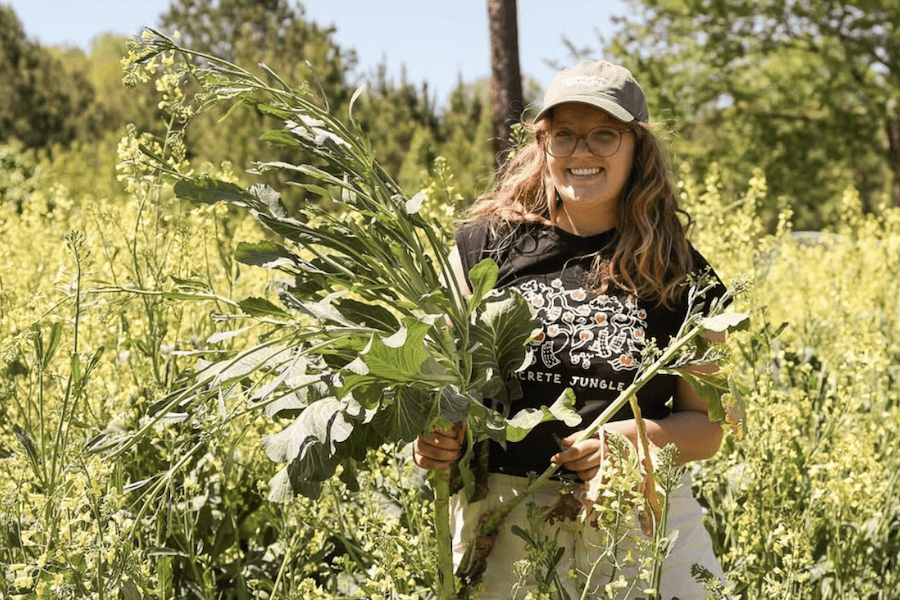 CAES News
CAES News
CAES Economic Impact
The University of Georgia College of Agricultural and Environmental Sciences generated a statewide economic impact of $899.3 million in 2024, marking a fourth consecutive record-breaking year for contributions to the state’s economy. Divided among the arms of the college's tripartite mission of teaching ($265.6 million), research ($258.8 million) and outreach ($374.9 million), the total impact of CAES in 2024 was third highest among schools, colleges and units at UGA, factoring into the university’s total economic impact of $8.4 billion in the same year. The 2024 total represents a 7% increase over 2023, when CAES had an economic impact of $838.4 million.









